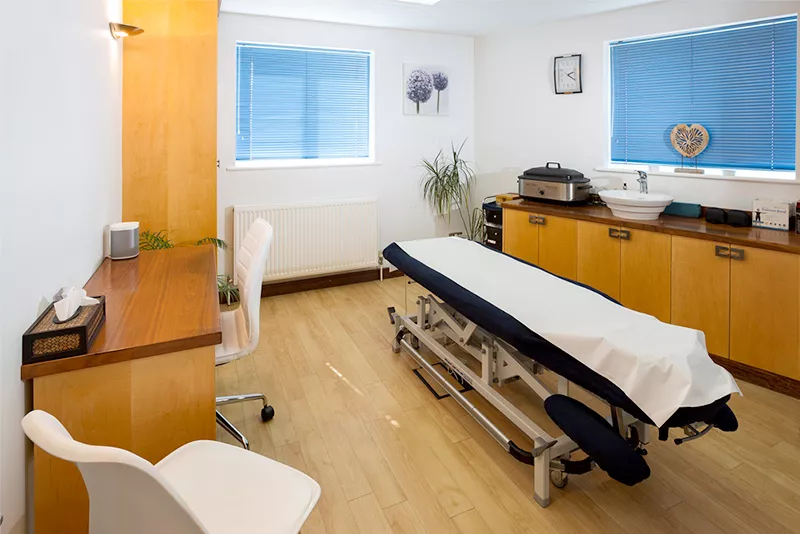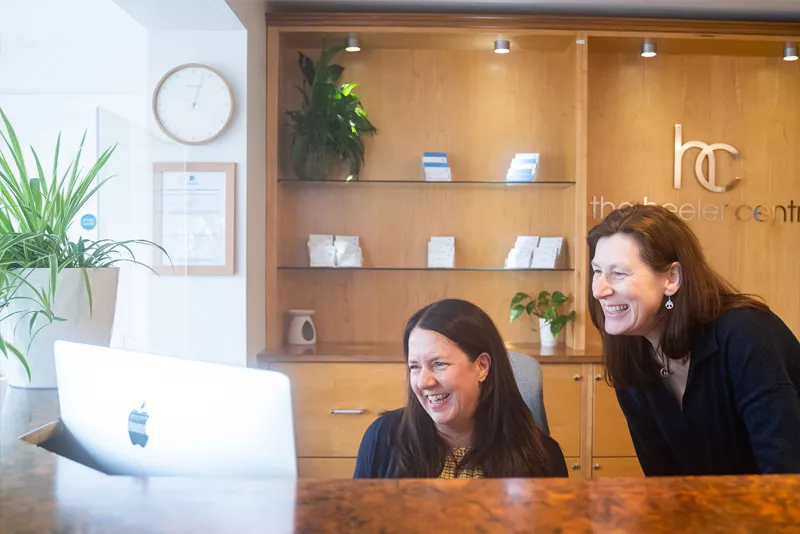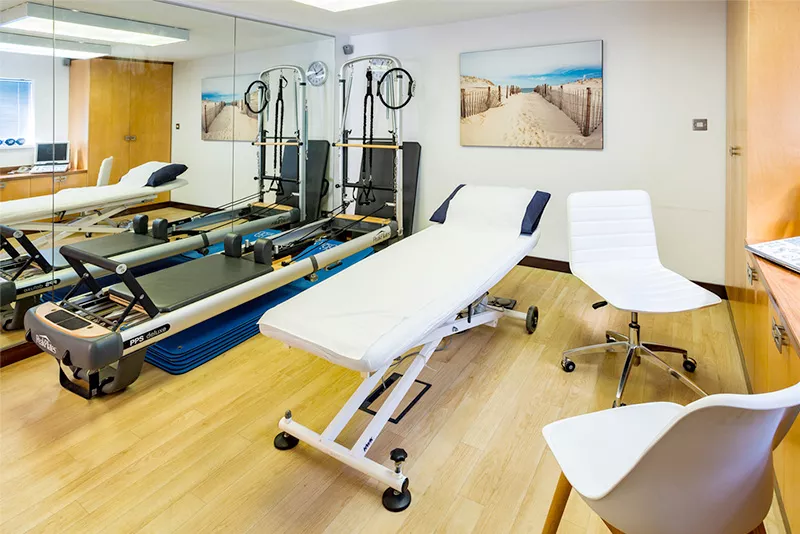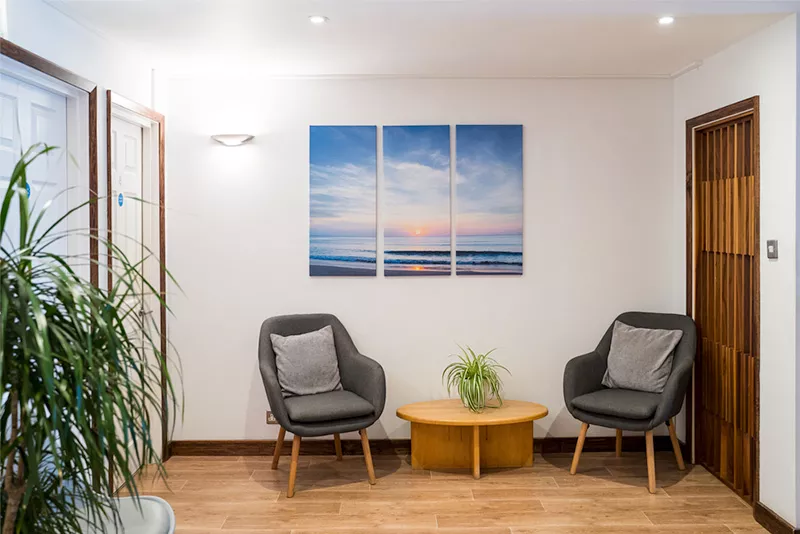Osteopathy
Suffering from back pain or the effects of poor posture? Whether the issue is the result of life at home, at work or after pregnancy, Osteopathy can be your solution. Osteopathy offers a natural approach to treating your whole body. The treatments help you heal without the need for drugs or surgery.
What is Osteopathy?
Osteopathy is a way of detecting, treating and preventing health problems using a variety of manual body techniques. Osteopaths use safe physical manipulations, stretching, massage techniques and gentle touch to improve the mobility of joints, relieve muscle tension, improve the blood and nerve supply to body tissues, and thereby encourage your body’s own self-regulating and self-healing mechanisms.
Osteopathy recognises the fundamental principle that an individual’s well-being depends on physical, mental and social factors. Therefore, an osteopath may also advise you about lifestyle changes to help improve any underlying factors contributing to your condition.
Osteopathy is a recognised healthcare system regulated by statute since 1993, and all osteopaths are registered with the General Osteopathic Council (GOsC) to practise. Registration has brought osteopaths in line with other medical professionals such as doctors, dentists, midwives and nurses, thereby ensuring the highest level of training, practice and conduct. In 2017, Osteopathy gained the status of Allied Health Profession with the NHS.
The treatments are a long-established form of medicine, a method of treating many conditions. Osteopathy is drug-free, involves no surgery and is non-invasive. Being treated by an osteopath is one of the best solutions for back pain, especially lower back pain.
Osteopaths take a holistic approach to your health. This means they focus on the whole body when looking at your symptoms. Not only the local area where the pain is showing up. The benefit of this is the Osteopath may see that your symptoms relate to a different part of your body. Or that your condition needs a different treatment.
Osteopaths use physical manipulation, stretching and massage, with the aim of increasing the mobility of joints, relieving muscle tension and enhancing the blood supply to tissues. Taken together, these techniques help the body heal without the need for drugs.
When you visit an osteopath they may use the following techniques:
-
Articulation – moving your joints through their natural range of motion
-
Massage – to release and relax muscles
-
Stretching stiff joints – to improve mobility and function
-
High-velocity thrusts – short, sharp movements to the spine, which produce a clicking noise like cracking your knuckles
You may receive advice on self-help and exercise to aid your recovery and thereby prevent symptoms from returning or getting worse.
Who can Osteopaths help?
The conditions osteopaths treat fall into two main areas.
The first area concerns the skeleton, the muscles, and the joints, and how these work together. Specific conditions include back pain, neck pain, and shoulder pain. Other common problems include arthritis and issues with the pelvis, hips, and legs. An osteopath can also help if you have problems with your posture caused by driving, work or pregnancy, and minor sports injuries.
Less well-known is how osteopaths can help with your nervous, circulatory and lymphatic systems. If you’re suffering from headaches, migraines, painful periods, digestive disorders and depression or if your baby keeps crying because of colic, we can help.
We’re completely transparent about who we can help and to what extent. One of our values is we’re focused on giving you the right advice for your situation. If Osteopathy or other therapies are not appropriate and that you, need surgery, we will tell you.
What to expect at your first Osteopathic session
At your first session, we’ll talk through your symptoms, your general health and any other medical care you’re receiving.
The therapist will use their hands to find areas of weakness, soreness or restriction. With your consent, you may need to remove some clothing to allow for examination.
Following the examination, we will discuss whether osteopathy can help treat your condition, and what the treatment will involve.
Osteopaths are trained to identify when a patient needs to be referred to a GP or needs further tests, such as MRI scans or blood tests, to help diagnose the problem.
At The Heeler Centre, we have three experienced and skilled osteopaths. All qualified at the European School of Osteopathy and registered with the General Osteopathic Council. Our osteopaths treat hundreds of patients with care and understanding each year.
Symptoms
Back pain
Neck pain
Shoulder pain
Knee pain
Arthritic pain
Work injuries
Sports injuries
Therapists & availability




